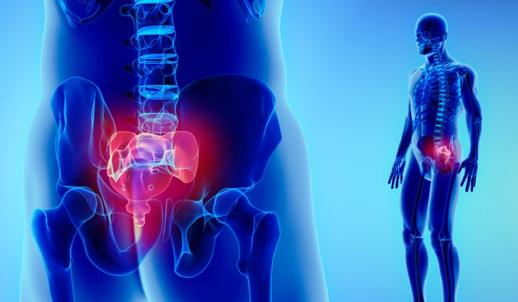Matt Burton has always been motivated by the thrill of sports. Growing up, he played football and cricket and tells us he wanted to be the next Shane Warne and bowl spin for Australia. It wasn’t until Australia Day 2008 that he had his first exposure to triathlon, when a friend bought him an entry to the novice distance for his 21st birthday as a joke. The rest as they say, was history.
“I’ll never forget the sensations of swim to bike, then bike to run,” said Matt.
“Being on a borrowed bike doesn’t help when it’s three sizes too small!”
“I remember coming home and checking out gear straight away. Like so many people you speak to about triathlon, it’s essentially like a bug. The obsession forms pretty quickly”.
A year later Matt competed in his first Ironman where he just missed out on qualification for Kona, Hawaii. He was determined to qualify, so he went on to Port Macquarie where he successfully qualified and then completed Kona the same year.
“That’s the one race (Kona) that I firmly remember how intense the racing is at the elite level,” he said.
Matt won his age group in Kona in both 2011 and 2012.
“At the end of 2012 I applied for and was fortunate enough to gain a pro license,” he said.
“I started racing pro in 2013, and that’s when I started to have issues with my back and then the fun really began!”
“When I was racing from an age group point of view, every race I went to I’d improve, it was purely from consistency, and then when I turned pro I started to overdo it.”
“It’s like anything in life, you try and do too much of it or have too much of it, something comes apart.”Matt spent the summer of 2017 in Europe competing in numerous events.
“I did an Ironman when I first got there and couldn’t walk for four weeks after,” he said.
“I saw a sports doctor in Spain who just gave me anti-inflammatories and it numbed the pain, and then I tried to race before I came home and ended up on the side of the road again.”
“Over the four-year period from becoming a pro to the diagnosis, I’d sat on the roadside in about 12 half and full distance events.”
“At some point on the bike I’d just have to get off because the pain was just too great”.
Matt returned to Perth where he sought further medical advice for the pains he was experiencing in his lower back.
“It was actually found that the issue was a broken sacrum, and it had been misdiagnosed due to my muscular system,” he said.

Image: The sacrum and coccyx. Credit: spineuniverse.com
Matt admits that triathletes often forget that it’s three sports and the strain that can have on the body.
“In that whole four to five-year period where I was struggling with this dull pain to sometimes severe acute pain, it wasn’t inhibiting daily life,” he said.
“So that’s why it was always like, it can’t be that severe, because it’s mainly impacting my bike and I’m in a position for a long period. Muscularly it felt like something was pulling on something else, which it was – it was pulling on the bone.”
Following doctor’s orders, Matt took five months off cycling and running.
“I had to have five months off impact, and then a scan at two-month intervals, so I just swam for five months.”
Matt is now fully recovered and ready to tackle his third RAC Karri Valley Triathlon. This year, he’s hoping to make it two from three, after coming first in 2015 and fourth in 2016.
Following his journey to recovery, Matt shared four tips with us to overcome injuries more effectively:
1. Stick with one specialist as a governor.
“Everyone gives advice – go and see this person, go and see that person – nothing was working for me,” he said.
Matt now has one person who oversees every therapist he goes to see. He credits this to a consistent recovery.
2. Strip things back one at a time.
“Don’t change your bike position, don’t go to a new masseuse to work on a new area, don’t get new shoes all at the same time. Do one thing at a time. It might take a bit longer, but you’ll recover quicker and more effectively,” he said.
3. Don’t supplement more of one sport if your injury stops you from doing another.
“Give the three sports credit. Training for just one sport is demanding on your body,” he said.
4. Don’t fall for Dr Google.
“Go to your GP, get a referral and see a specialist,” he said.
“Put a rehab plan in place. Set goals, work with your specialist about where you want to be. Do the exercises they say to do at home.”
“We struggle to do them because we don’t see the results you would do from regular training. You may not see yourself getting better but you are.”


